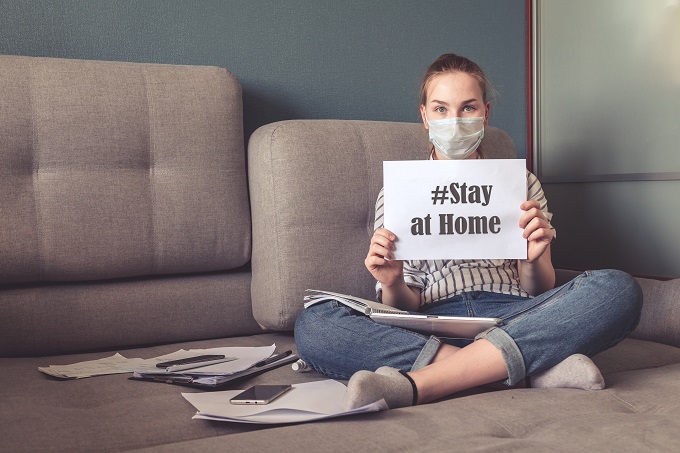
© shintartanya - stock.adobe.com
Parliament has passed amendments to legislation that give the Secretary of Education stronger powers to act in the fight to limit the spread of COVID-19, Education Minister Chris Hipkins said today.
“They are part of a suite of changes passed under the COVID-19 Response (Urgent Management Measures) Legislation Bill,” Chris Hipkins said.
“The Bill amends the Education Act 1989 to give the Secretary for Education the power to issue binding directions to the governing authorities of education providers including schools, universities, and polytechnics. These powers will only be used when absolutely necessary.
“The Secretary will be able to direct education providers to open and close, direct how they operate, are controlled, and managed, and direct them to provide education in specified ways, for example through distance or online learning.
“This applies to all education providers, not just public providers.
“Academic freedom is specifically preserved in this change. The Secretary must ensure that any directions will not impinge upon the academic freedom of institutions. For example, institutions will still be able to determine the nature and content of the educational programmes they provide.
“Schools, ECEs, and tertiary providers have been incredible in their response to COVID-19. I’d like to thank them all for all the work they have been doing.
“But these emergency powers are required so that we can continue to ensure that there is a unified response to the outbreak of COVID-19, given that there are 2,500 school board entities and 4,000 service providers.
“We may need to act quickly with speed and pace from the centre and in order to do this these powers will be required.
“Education entities in New Zealand have a large degree of autonomy and in normal times this works well.
“In an emergency such as this we need to move to a different way of working to allow central direction, co-ordination and cohesion and to move quickly to deal with issues as they emerge.
“This decision was not taken lightly. We’ll be looking for things to go back to normal as soon as possible,” Chris Hipkins said.
The changes apply to the following education ‘entities’:
Educators and politicians are trying to address the current teaching shortage through different policy settings.…
Melanie Webber was the president of the secondary school union PPTA Te Wehengarua from 2021…
Wait times for paediatric care is having an impact on young people’s education and the…
Home of the brave, land of the free… except when it comes to books for…
Could a gender achievement gap in maths be due to confidence? Sarah Buckley from the…
The much-delayed English draft curriculum is now out for consultation, generating discussion from teachers.
This website uses cookies.